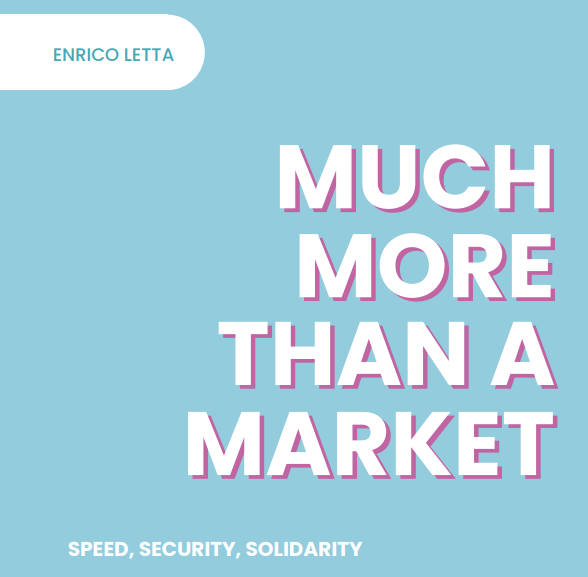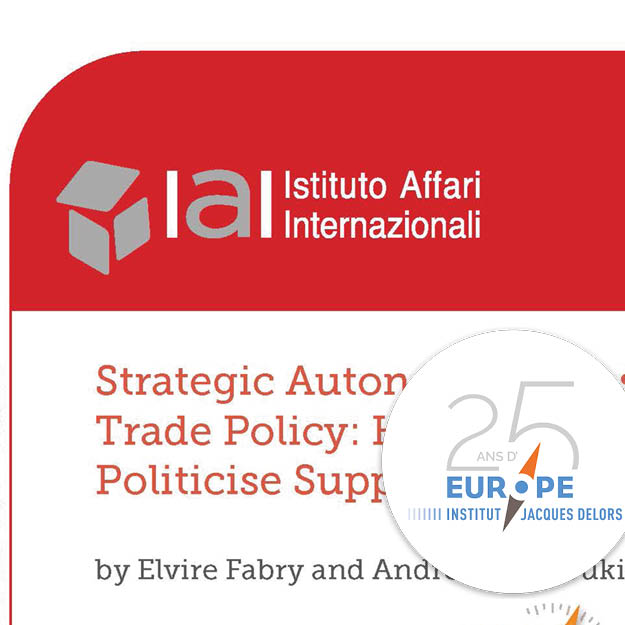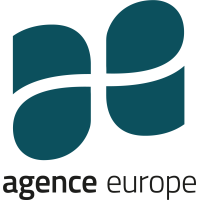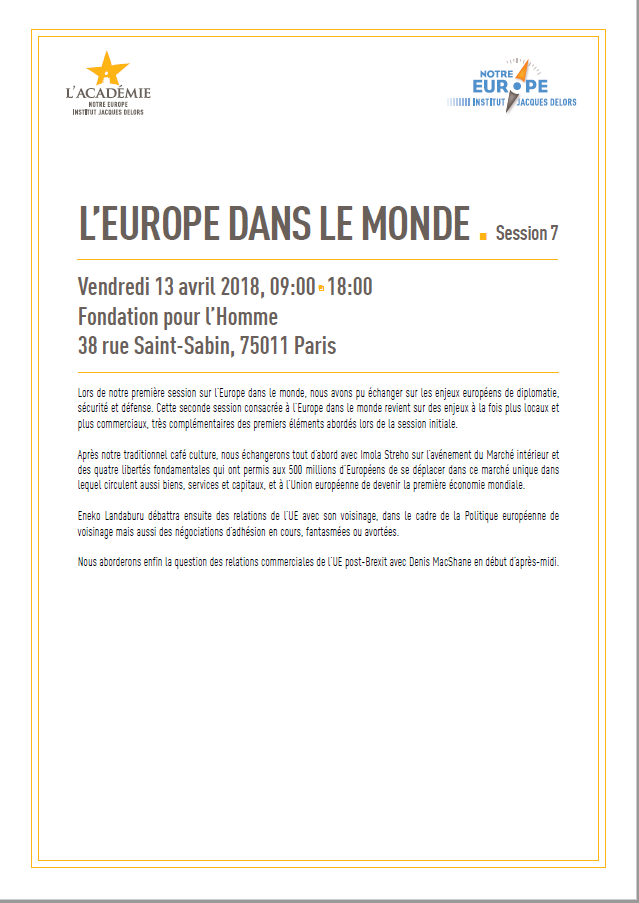Report
Much more than a Market
SPEED, SECURITY, SOLIDARITY
Empowering the Single Market to deliver a sustainable future and prosperity for all EU Citizens
Enrico Letta’s report presented to the European Council on 18 April 2024
The Single Market was born in a smaller world
The Single Market is a product of an era when both the EU and the world were “smaller”, simpler, and less integrated, and many of today’s key players had not yet entered the scene. When Jacques Delors conceived and presented the European Single Market to the world in 1985, the EU was known as the European Communities. The number of Member States was less than half of what it is today. Germany was divided into two, and the Soviet Union still existed. China and India together constituted less than 5% of the global economy, and the acronym BRICS was unheard of. At that time, Europe, on par with the US, was at the centre of the world economy, leading in terms of economic weight and innovation capacity, representing a fertile ground for development and growth.
The Single Market was established to strengthen European integration by eliminating trade barriers, ensuring fair competition, and promoting cooperation and solidarity among Member States. It facilitated the free movement of goods, services, people, and capital through harmonisation and mutual recognition, thereby enhancing competition and fostering innovation. Furthermore, to guarantee that all regions could equally benefit from market opportunities, cohesion funds were introduced. This comprehensive approach has been pivotal in driving economic integration and development across the EU.
Tailored for the world of that time, the Single Market proved from the beginning to be a formidable boost for the European economy, as well as a powerful factor of attractiveness. Today, more than thirty years after its inception, the Single Market continues to be a cornerstone of European integration and values, serving as a powerful catalyst for growth, prosperity and solidarity. However, the international scenario has profoundly changed, highlighting the need to develop a new Single Market.
The Single Market has always been intrinsically linked to the EU’s strategic objectives. Often perceived as a project of a technical nature, on the contrary it is inherently political. Its future is tied to the EU’s strategic objectives and thus to the context in which the EU acts. Therefore, it should never be considered a completed endeavour, but rather an ongoing project. Still, an immediate boost is needed to bring the Single Market at a par with the current context and to prepare it for continuous evolution in line with the dynamics of our time.
It is precisely because of its constantly evolving nature that the Single Market has always been called to adapt to the evolving European and global context. Since the elaboration of the Single European Act, a constant and gradual work of conceptual reflection, involving the elaboration of Reports and Action Plans, was carried on, specifically by the European Commission and its Commissioners. Along these lines, in 2010 the Monti Report provided critical reassessments and set forth recommendations for its reinvigoration. My report is positioned within this continuum, with the objective of conducting a thorough examination of the Single Market’s future following a succession of crises and external challenges that have fundamentally tested its resilience.
SUR LE MÊME THÈME
ON THE SAME THEME
PUBLICATIONS
Commonalities and fault lines in EU economic policy visions

Les projets importants d’intérêt européen commun (PIIEC)

Strategic Autonomy
in Post-Covid Trade Policy

MÉDIAS
MEDIAS
L’Eurogroupe débat des propositions d’Enrico Letta pour réactiver la compétitivité européenne

Letta alerta en Madrid de que la pérdida de competitividad de la UE es “dramática”

Letta: “Ue divisa su un nuovo debito comune, dobbiamo superare lo stallo”



















